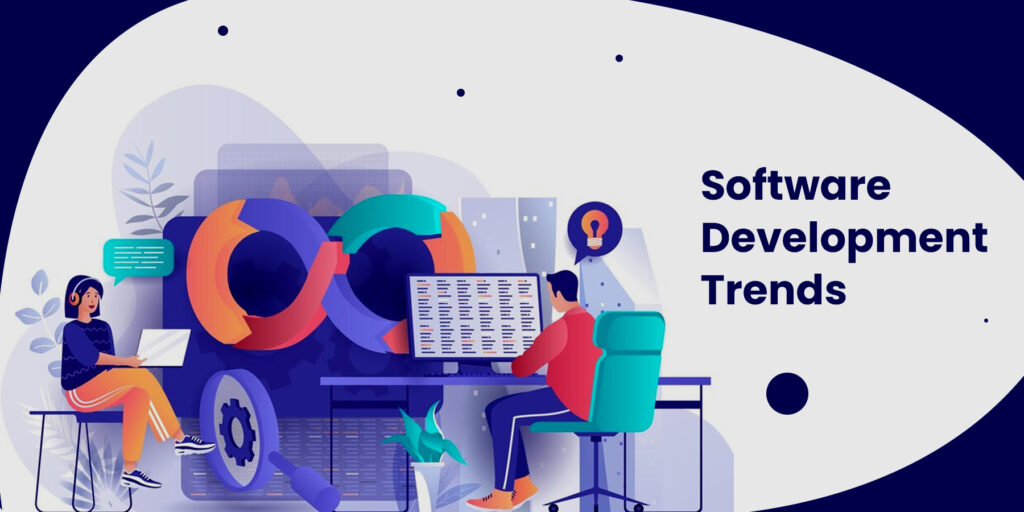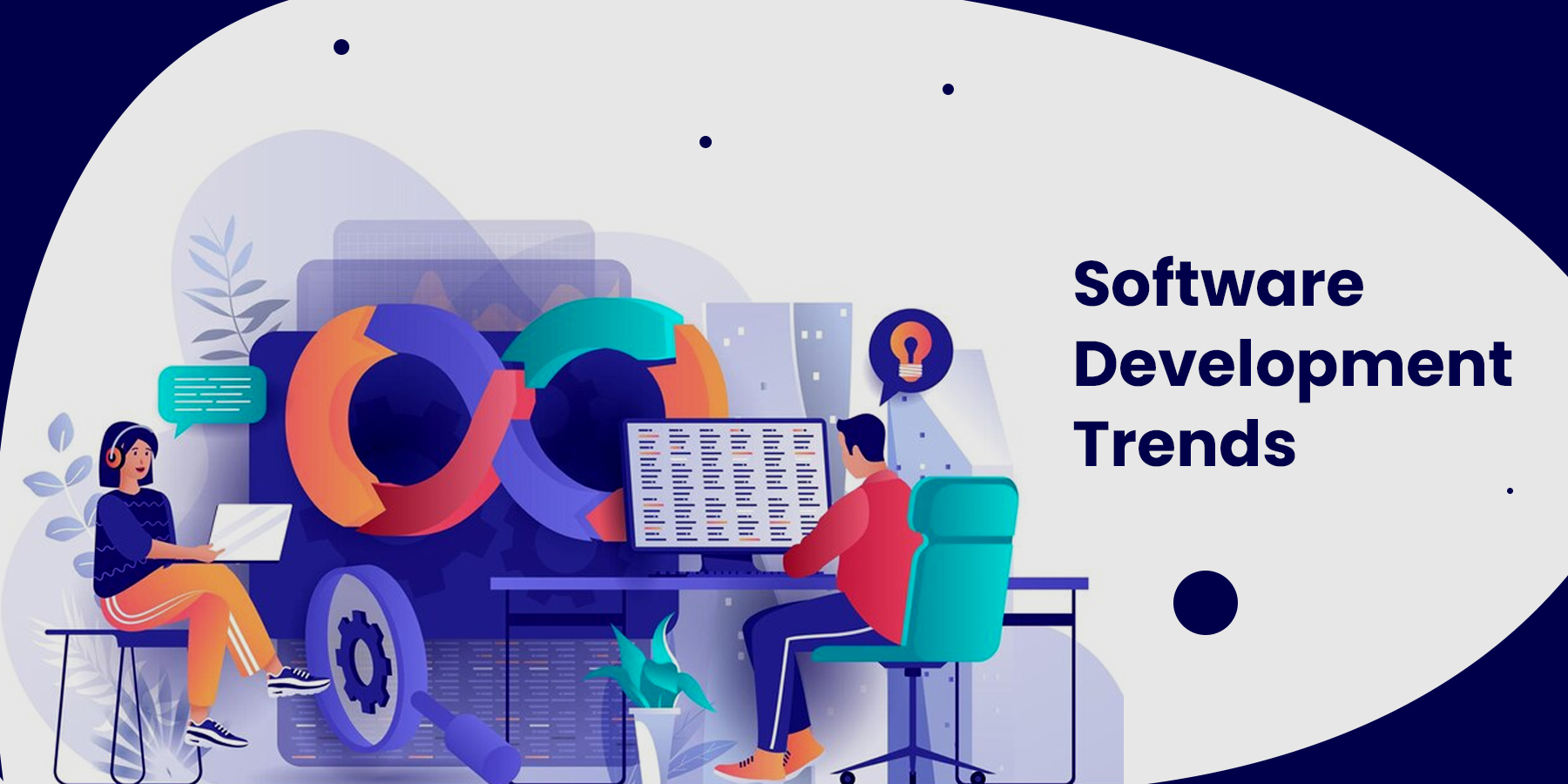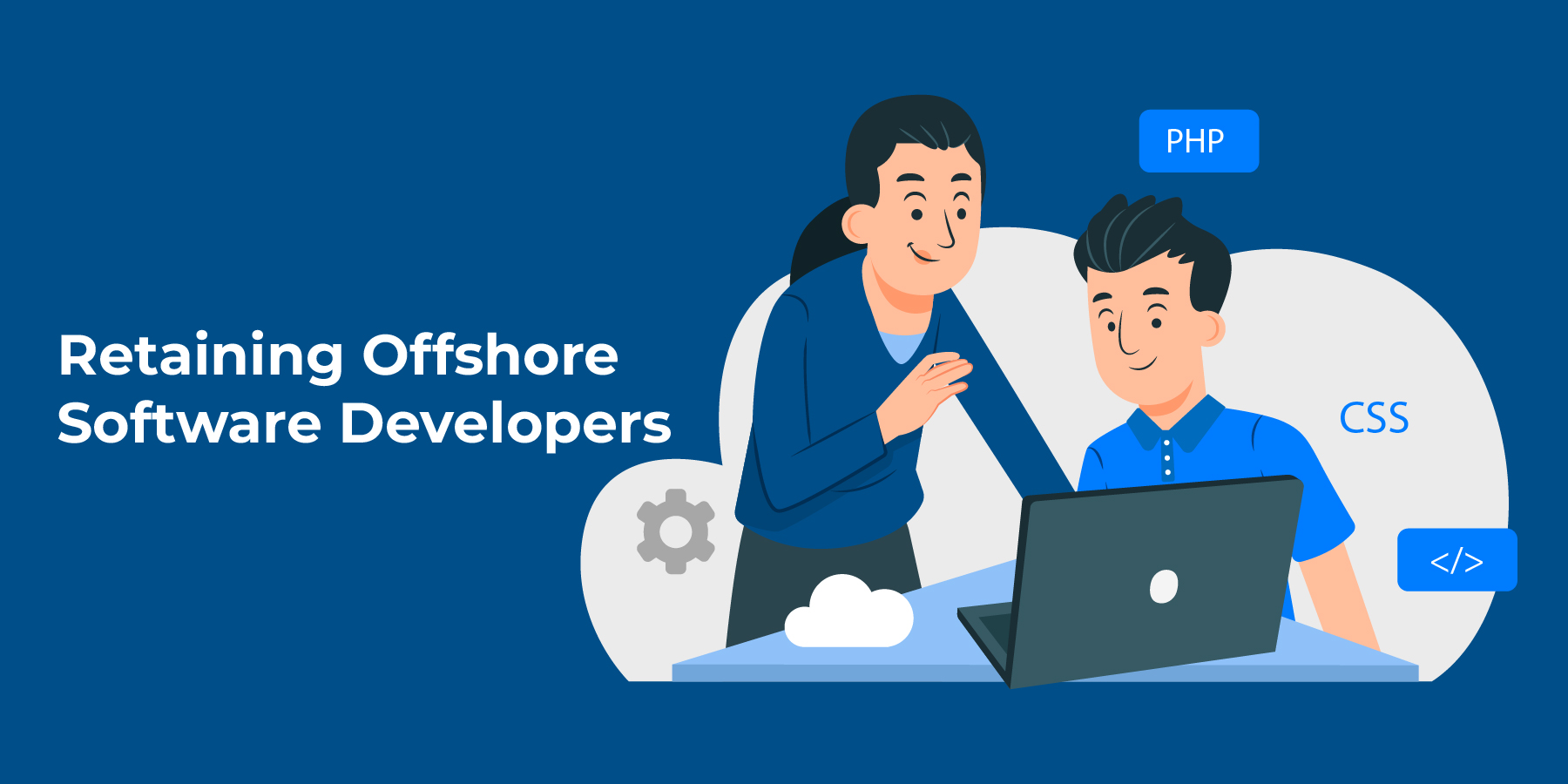
Do you ever wonder what software development will look like in the future? With constant technological advancements, it can take time to predict what the industry will look like in just a few years.
The world and the demand for improved technological solutions are changing rapidly. As such, software developers must stay up-to-date on emerging technologies that could shape the industry in the next few years.
The top emerging software development technology anticipated to impact software development trends in 2023 will be discussed in this article. Developers can prepare for the future and stay ahead of the curve. Artificial intelligence and blockchain will revolutionize software development technology. Let’s dive into the top emerging technologies that will shape the future of software development.
Software Development Trends For 2023
The growth of the post-pandemic world depends on hiring software developers and IT specialists because digital products create resilient and sustainable businesses. To achieve better results, let’s look at the strategies and techniques they use.
1. Infrastructure as Code (IaC) Will Remove Management Problems
Modern application development environments are complicated because of all the clusters, microservices, containers, APIs, serverless operations, and interdependencies that developers must know about. Since they must ensure the stability and security of the apps in these situations, DevOps specialists are constantly under pressure. At the same time, deployment must be carried out more quickly than code development.
As a result, IaC, a method for managing, automating, configuring, and encouraging continuous improvement on dynamic computing resources, is being adopted by DevOps teams. In the past, organizations relied on a small number of highly talented people who knew what their code depended on and how it was supplied, leading to bottlenecks and dependencies. The IaC practice eliminates such issues.
The DevOps team of an organization can use IaC to create a solitary, trusted code base to track that app are delivered by security standards. IaC allows teams to track code inconsistencies, which makes fixing issues easier. This method can incorporate the best configuration guidelines into the company’s security policies and procedures.
2. Python Will Be The Top Programming Language
Python has been rapidly gaining popularity among software engineers, and it has now become the most popular programming language globally. According to the TIOBE and PYPL indices, Python declared the best programming language in June 2022, and it continues to grow in popularity well into 2023.
One of the main reasons for Python’s popularity is its versatility in creating software solutions with artificial intelligence (AI) and machine learning (ML) capabilities. As AI and ML are among the top software development trends for 2023, it is no surprise that Python is expected to continue to be the language of choice for many programmers.
Although JavaScript has been a long-time favorite of developers, Python has overtaken it as the most popular programming language globally. With its powerful libraries and frameworks, ease of use, and scalability, Python is expected to remain a top choice for software engineers for years.
3. Outsourcing Is Still Widely Used
For many businesses, finding qualified IT specialists or offshore software developers who can deliver high-quality custom software projects on time and within budget can be challenging. To find a skilled workforce at a fair price, these businesses may turn to hiring software developers. In terms of revenue, outsourcing rules the IT services market.
Statista projects that the market for IT outsourcing will bring in $361 billion in 2021, $430 point 50 billion in 2023, and $587 point 3 billion in 2027 (8 points 7% CAGR).
The expansion of the outsourcing industry is facilitated by several practical benefits, including more rapid and flexible development, reduced costs, and the availability of internal resources.
4. Not Just Cryptocurrencies Can Use Blockchain
Blockchain technology has evolved beyond its initial application in cryptocurrencies and has become a significant trend in the software industry. Its popularity has grown in various industries as it provides secure and transparent transactions through a decentralized and distributed system. Many experts claim that blockchain technology has the potential to revolutionize many industries beyond fintech.
Some examples of blockchain applications are monitoring systems for agricultural, oil and gas, and automotive supply chains, accounting software for energy use, platforms for protecting intellectual property, and secure electronic voting software. With such a broad range of applications, blockchain technology is expected to continue to expand its use across various industries.
As more industries realize the benefits of blockchain technology, we will likely see even more blockchain-based applications in the future. The security, transparency, and decentralization of blockchain make it an ideal solution for many industries looking for efficient and secure ways to conduct transactions and protect sensitive data.
5. Devsecops Expand the Role of Security
DevOps has long been a frequently applied technique in software development technology companies. According to current patterns in software development technology, the DevSecOps concept is growing in popularity.
What are the distinctions between DevOps and DevSecOps?
DevOps is the name for the close collaboration of development teams and IT operations based on agile methodologies (CI/CD). The ultimate goal is to ensure users receive functional software as soon as possible. DevOps advises implementing trustworthy automated processes that provide prompt feedback to establish a continuous improvement cycle. Today, DevOps can be considered an agile development methodology, a way of life, or a collection of technologies.
DevSecOps is the process of developing DevOps. It modifies the security division’s traditional role in code development. Before QA specialists enter the circle, They must be involved.
As a result, security procedures are now an essential part of the entire development process, starting with the design of the app’s architecture. This makes it possible to identify issues early on and address them without delay, rather than waiting until the end of the program for them to accumulate.
The rise of cloud-native app development and microservices, along with the resulting demand for quick problem-solving in these complex architectural designs, are both factors that have contributed to DevSecOps’s rise.
6. Cloud Computing Will Make Collaboration Easier
The trend predicts that software development organizations will increasingly adopt cloud-native solutions for team management, communication, and app development. Clouds can be public, private, or hybrid to host these software products and services. Any business can use them because they are infrastructure-neutral and scalable across a wide range of servers.
Software development teams are more productive when using cloud-native software solutions built on containers and microservices.
It should be noted that the demand for cloud services and solutions has increased due to the need to support remote work. Businesses have been forced to set up the required infrastructure and help employees set up offices in their homes.
Wrapping Up
Software development technology trends are constantly evolving, and 2023 promises to be a year of significant advancements. From the rise of low-code platforms and the use of AI in software development technology to the adoption of new programming languages and the growth of blockchain technology, developers will have a range of exciting opportunities to explore.
Software development technology professionals need to stay up-to-date with the latest emerging technologies and trends in the field to stay competitive and deliver high-quality solutions to their clients. As we move into 2023, technological innovation is only set to accelerate, so it’s an exciting time to be a part of the software development industry.
Kimberly Morrison
Kimberly Morrison has been the Director of Client Relations at VGROW since 2019. She builds strong customer relationships, drives client retention, and oversees team productivity. Kimberly's approach to customer engagement is key to VGROW's aim of streamlining business processes through virtual assistance services.


 Securing Success: How to Retain Top Offshore Development Talent This 2023
Securing Success: How to Retain Top Offshore Development Talent This 2023